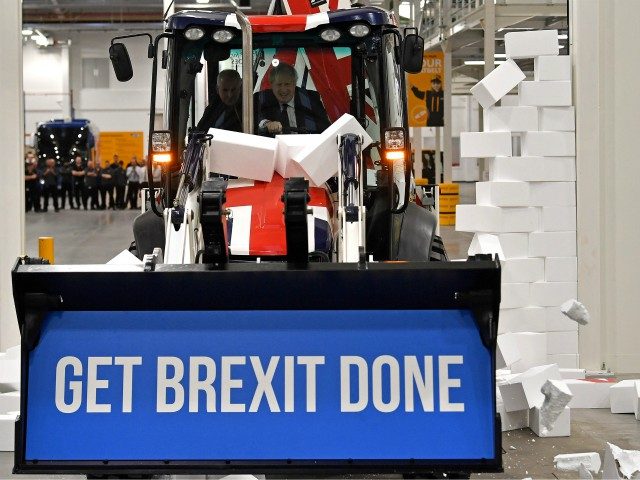The government has reiterated that it will not extend the transition period after London and Brussels failed to make progress on an EU trade deal last week.
Paymaster General Penny Mordaunt reported to MPs in the House of Commons on Tuesday that while no progress had been made, “we will not be extending the transition period”. She added that London “will push the EU on implementing their obligations under the terms of the [withdrawal] agreement”.
Ms Mordaunt added that to extend the transition period — which expires on December 31st, 2020 — would only “extend the negotiations”, not increase the likelihood of a deal. It would also further create uncertainty for citizens and businesses not just in the UK and the EU, but in nations around the world, with which the UK is also currently negotiating deals.
Talks are currently underway with the United States, with negotiations with Japan formally opening on Tuesday.
Discussions between the EU’s Michel Barnier and Britain’s David Frost ended in stalemate on Friday, with the UK refusing to permanently surrender the majority of her fishing to Brussels, and the EU, under pressure from countries like France, refusing to accept anything short of the status quo.
Former environment secretary Theresa Villiers called the EU’s Common Fisheries Policy (CFP), which sees 60 per cent of the fish caught in British waters landed by European fishermen, “grossly unfair”, adding that there will be no “compromises” from Boris Johnson’s government on the matter.
“I just don’t see that the UK government is going to just shift in any substantive way from what is put on the table already,” Ms Villiers told the Institute for Government on Tuesday, according to The Guardian.
Frost and Barnier came to blows last month with the British negotiator criticised the EU for its “low-quality” offer of a trade deal not compatible to those offered to other nations like Canada, with Mr Frost calling for Brussels to treat London as an equal trading partner, not a subordinate state. In response, Mr Barnier said he did not care for his British counterpart’s “tone” and rejected calls for a better deal.
The former French minister further dashed the prospect of a mutually-beneficial deal on Wednesday, when he accused the UK of “cherry picking” and wanting more than had been agreed with other countries.
“Britain is demanding a lot more from the EU than Canada, Japan or other partners,” Mr Barnier alleged, adding: “We cannot, and we will not, allow this cherry picking.”
The EU has also objected to the UK’s refuse to hobble itself by continuing to abide by a “level playing field”, such as restricting state subsidies for industry and imposed environmental standards, which would stop Brexit Britain becoming competitive to the detriment of the EU.
The European Parliament could veto any deal between London and Brussels it deems does not adequately restrict the UK, according to The Guardian, with a draft resolution on the position going to the EU-27’s chamber on Friday.
Writing to Mr Barnier last month, Mr Frost criticised the restrictive conditions the EU set for a trade deal as those which no “democratic country could sign”. He said the restrictions meant that, according to Brussels, “a country in Europe cannot expect to determine its own rules, simply on the grounds of geography, and that it must bend to EU norms. That is not an argument that can hope to be accepted in the 21st century”.

COMMENTS
Please let us know if you're having issues with commenting.